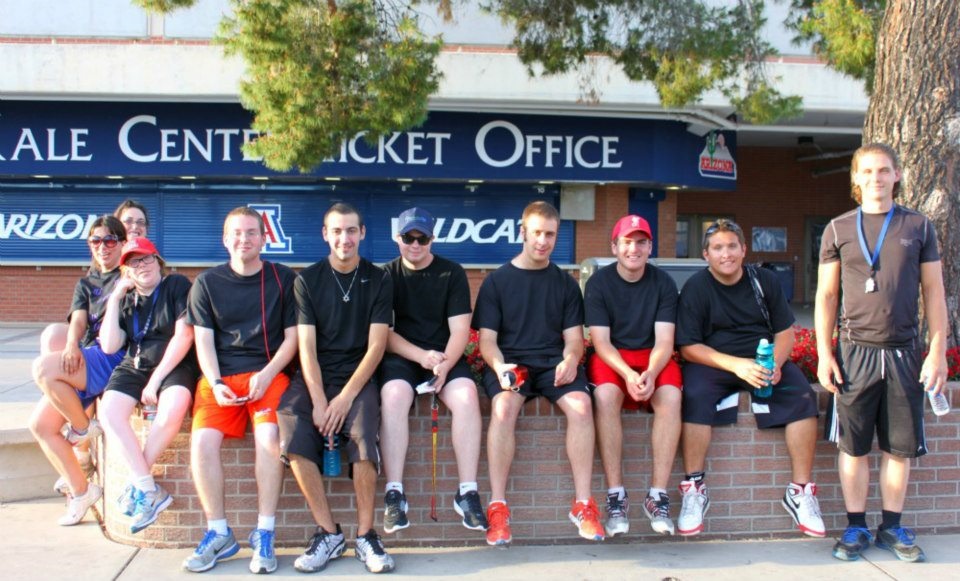Everybody knows that college requires a minimum level of academic ability.
 What is less well-known is how challenging college can be for students on the autism spectrum, or with social communication deficits.
What is less well-known is how challenging college can be for students on the autism spectrum, or with social communication deficits.
On Jan. 25, Kenneth Hosto, executive director of Chapel Haven West, and Ryan Shoemaker, speech-language pathologist, will present a workshop to professionals attending the annual NATSAP Conference in Tucson, entitled, “Transitioning Students with Autism/Social Communication Deficits Successfully into the College Setting.”
They are drawing on Chapel Haven’s 44 years of agency experience in serving adults with a variety of disabilities, including autism. They will pay special attention to the role of social communicative competency as a gateway skill to success in life and most particularly, in the college setting.

 What are the demands that adults on the spectrum face when stepping into the college setting?
What are the demands that adults on the spectrum face when stepping into the college setting?
Along with such abstract skills as higher order thinking and synthesizing information, college entails a jumble of new demands, including executive functioning, time management, learning how to make friends, advocating for help in the college classroom and managing the day-to-day aspect of life skills. Ken and Ryan will talk about six crucial components to help young adults segue into the college classroom.
Those are:
Emotional and behavioral regulation – colleges have zero tolerance for disruptive behavior, so learning to sit quietly through a class period, developing ways to take quiet breaks and developing tolerance for others is important. Self advocacy and learning to share learning needs with a professor is also important
Self awareness and self advocacy – coming to grips with a disability diagnosis, understanding one’s strengths and being able to seek accommodations when needed are important parts of the college experience.
Initiation and follow through – learning how to begin and complete a task, developing plans for short and long term assignments and ignoring the pull of more preferred activities to get class work done on time are valuable skills. Managing homework assignments is also a critical area.
Time and space management including the executive functioning skills needed to manage a schedule, keep track of belongings and prioritizing needs over wants are important.
Social problem solving – this a key area for the Chapel Haven curriculum – most situations in college require social problem solving without help from adults, including dealing with roommates, attending parties, dating, making plans with friends and joining student activities such as campus clubs. Navigating the hidden etiquette of social situations can be especially challenging in the adult-driven world of college.
Independent living – in college, students need to manage some fundamental life skills, including medication, hygiene, meals, maintaining a living space, laundry and transportation. Issues of safety also come into the picture during college – such as recognizing potentially dangerous situations, recognizing the motives of another person and learning how to ask for help when needed.
To inquire about Chapel Haven or request literature, please click here



